A recent study published in the British Journal of Psychology has found that people who regularly play action video games tend to perform better on certain cognitive tasks than non-gamers, but their brains tire at the same rate when exposed to demanding mental challenges.
The research, published in August 2024 under the title “Comparing the cognitive performance of action video game players and age-matched controls following a cognitively fatiguing task: A stage 2 registered report”, explored whether video game training translates into resilience against mental fatigue.
Cognitive fatigue refers to a decline in mental efficiency after prolonged concentration. It is an issue in high-stakes professions such as aviation, medicine, and the military. Fatigue can lead to slower reactions, reduced decision-making, and lapses in attention. Because action video games demand constant focus, quick reactions, and memory use, scientists have speculated that gamers might develop protection against these effects.
To test this idea, researchers recruited 88 young adults aged 18 to 35. Half of them were regular action gamers who logged at least seven hours a week in competitive titles such as first-person shooters and battle arena games. The other half reported little to no gaming experience. Participants were divided into two groups. One completed a mentally draining 45-minute Stroop task while the other watched a documentary as a control.
Before and after the intervention, all participants completed three performance tests. The Psychomotor Vigilance Task measured simple attention. The Number-Letter Task assessed task-switching and executive function. The Groton Maze Task tested spatial working memory.
Results showed that gamers consistently outperformed non-gamers in complex areas of cognition. They were faster and more accurate in switching between tasks and better at remembering and navigating spatial patterns. These skills mirror the demands of modern action games where players must constantly juggle information, react to threats, and keep track of multiple moving elements.
However, the study found no difference in how gamers and non-gamers responded to fatigue. Both groups experienced similar declines in performance after the Stroop task, which suggests that gaming does not make people more resistant to mental exhaustion. In some cases, participants in both groups even performed slightly better after the fatigue task, which researchers attributed to practice effects rather than true resilience.
The authors concluded that while action gaming appears to enhance baseline cognitive abilities, it does not provide extra protection against the mental wear and tear caused by extended focus. This finding carries particular significance for esports players who often compete in long, high-pressure tournaments. Like professionals in other demanding fields, they remain susceptible to cognitive fatigue and gain from incorporating rest, sleep, and recovery strategies into their routines. While action video games can sharpen attention, memory, and other cognitive skills, gamers are still affected by mental exhaustion just like anyone else, making careful management of training and competition schedules essential for maintaining peak performance.


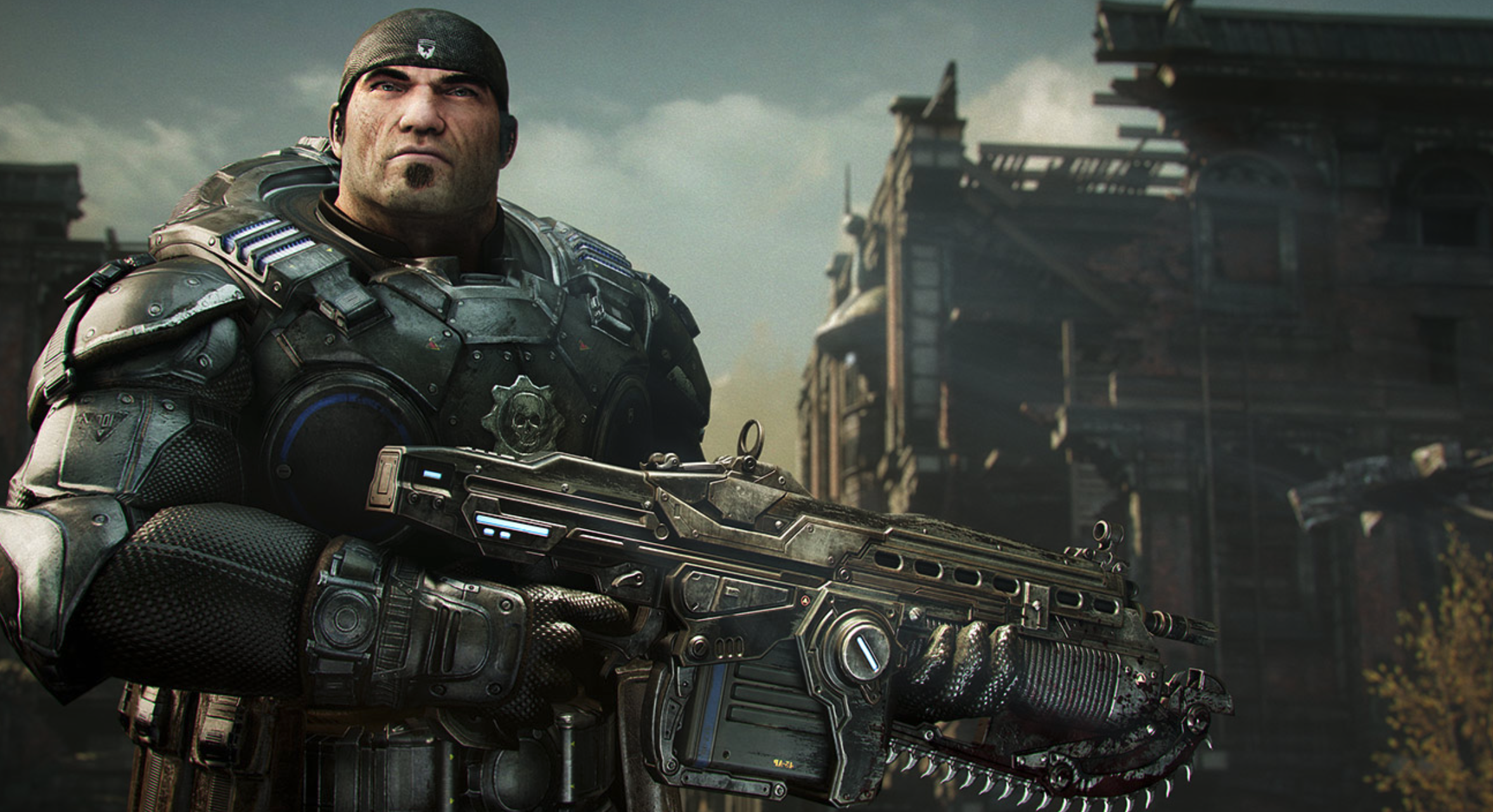
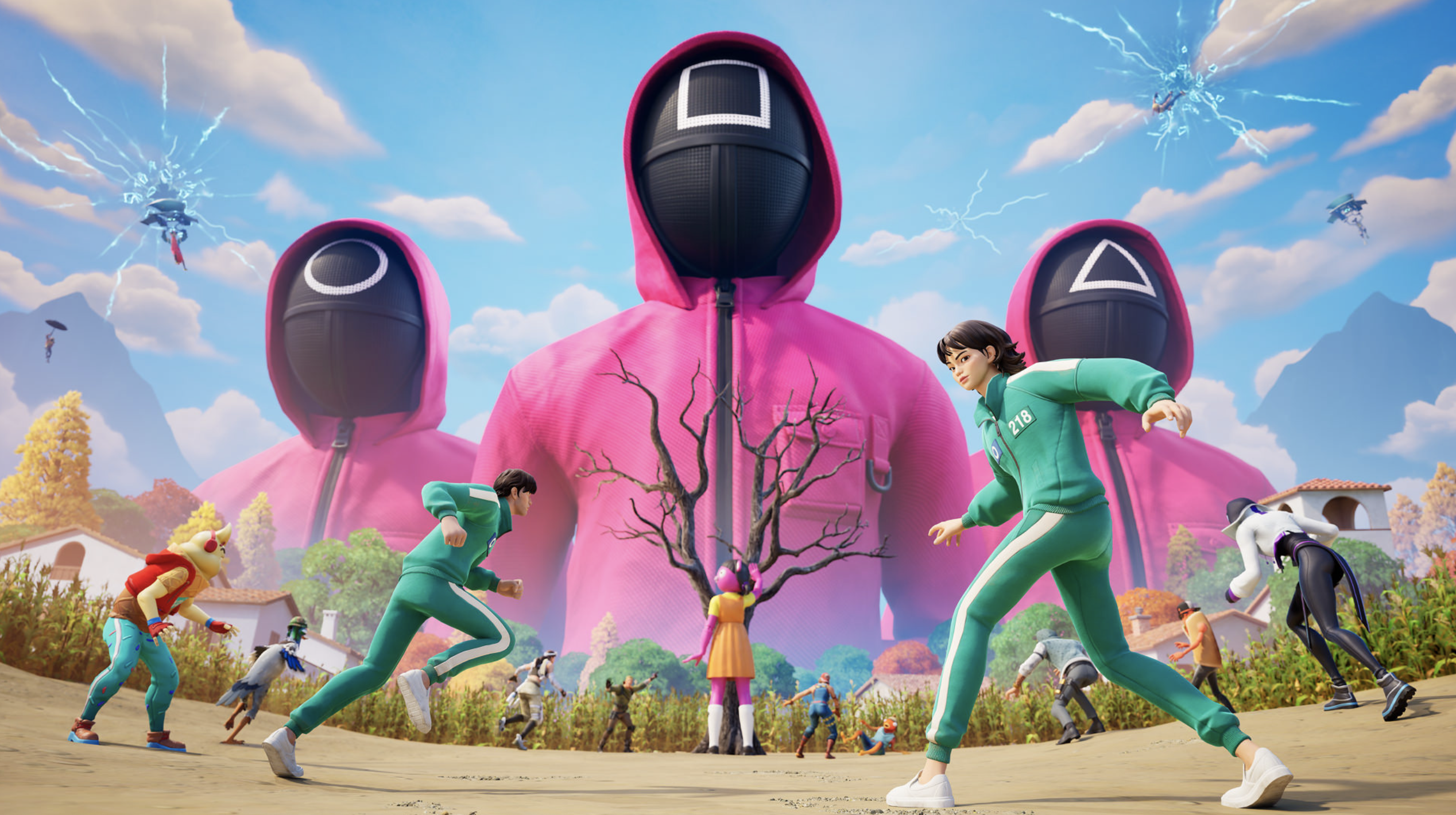





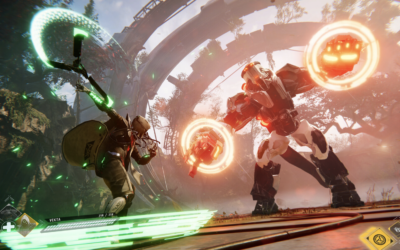
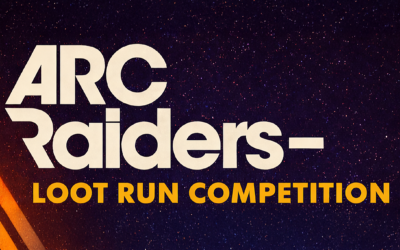
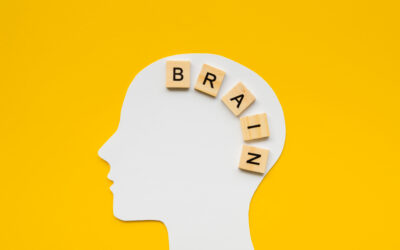
That tracks pretty well.
I have questioned if gaming is a good addition for older adults who have retired. Mental decline is significant in retired individuals. Keeping your brain active reduces decline and gaming might be beneficial. Especially, if they’re introverts and are a homebody. If anything people won’t be so bored.
Goal oriented games really help give skills at striving toward real life goals especially when overcoming failure which most games teach.
I remember when I first started driving, my driving coach said that he saw that video gamers pick up driving easier. So this study makes sense to me.
I prefer adventure role playing games to action first person shooters.
Interesting study, unfortunate no protection against fatigue but cool to know gaming has such positive impacts on spatial / complex cognitive reasoning.